Sharing learnings from different perspectives
What kind of initiative is "MOKKEI"?
Fujiwara: It is a reading group where employees learn about the lives and thoughts of great people through the monthly humanities magazine "Chichi," apply it to themselves, and share their impressions. As part of our personnel system "ASNOVA WAY," about 40 employees gather and split into groups of 3 to 4 people.
Originally, President Ueda was a subscriber to "Chichi" and wanted to spread the knowledge and importance of human skills that can be gained from it to employees. "MOKKEI" is held as a place where employees can improve their human skills, respect each other, and grow as people.
Why is "human resources" important?
Fujiwara: We consider "human resources" to be a general term for the interpersonal influence, drive, and creativity that can attract and motivate people and organizations. We believe that human power is important in order to develop leadership skills that can lead people flexibly in line with the times, and to cultivate people who can move and lead others.
In addition, one of the teachings of "chichi" is the phrase "gazing at the virtues," which means not to focus on the other person's shortcomings or flaws, but on their strengths and virtues. I hope that by improving our human capabilities, as many employees as possible will have this awareness.
Please tell us what you learned from participating and how everyone is doing.
Fujiwara: Employees who participated often commented that "It's interesting to see how different our perspectives and opinions are even when reading the same article," and "It's interesting to learn about the personalities of people you've only ever spoken to at work, and what they usually think." I think that being exposed to the values of others is itself a learning experience.
At first, some employees were confused, thinking, "It looks difficult," or "Will I be able to read it?", but as they participate more and more, the content of their comments becomes more substantial, and they are able to make presentations in front of others. This is just my impression, but I get the impression that everyone is becoming more positive than I expected. I would like to watch over them so that they can naturally change from "I'm participating because I was asked to" to "I want to participate willingly."
Accepting diversity and respecting others leads to company growth
How will implementing MOKKEI help ASNOVA?
Fujiwara: President Ueda always says, "I want you to enrich your life." I think that this can be cultivated by learning humanities through "chichi" and enhancing your human potential.
Participants can also participate regardless of job title or age, and group allocations are decided by drawing lots, so participants can also experience diversity. Accepting the ideas of others and respecting them helps people grow as human beings. And as such people come together to form a "company," this will also lead to the growth of ASNOVA. We believe that such initiatives will help foster ASNOVA's culture.
Please tell us your vision for the future of MOKKEI.
Fujiwara: Although the purpose is to improve interpersonal skills, having regular opportunities to meet also leads to smoother communication within the company. In order to build the company while involving various people, we would like as many employees as possible to participate in "MOKKEI". Even employees who do not express their opinions in front of others can think about what to say and how to convey it, so I think they can acquire such skills.
I hope that my experience at MOKKEI will be useful in my future career.
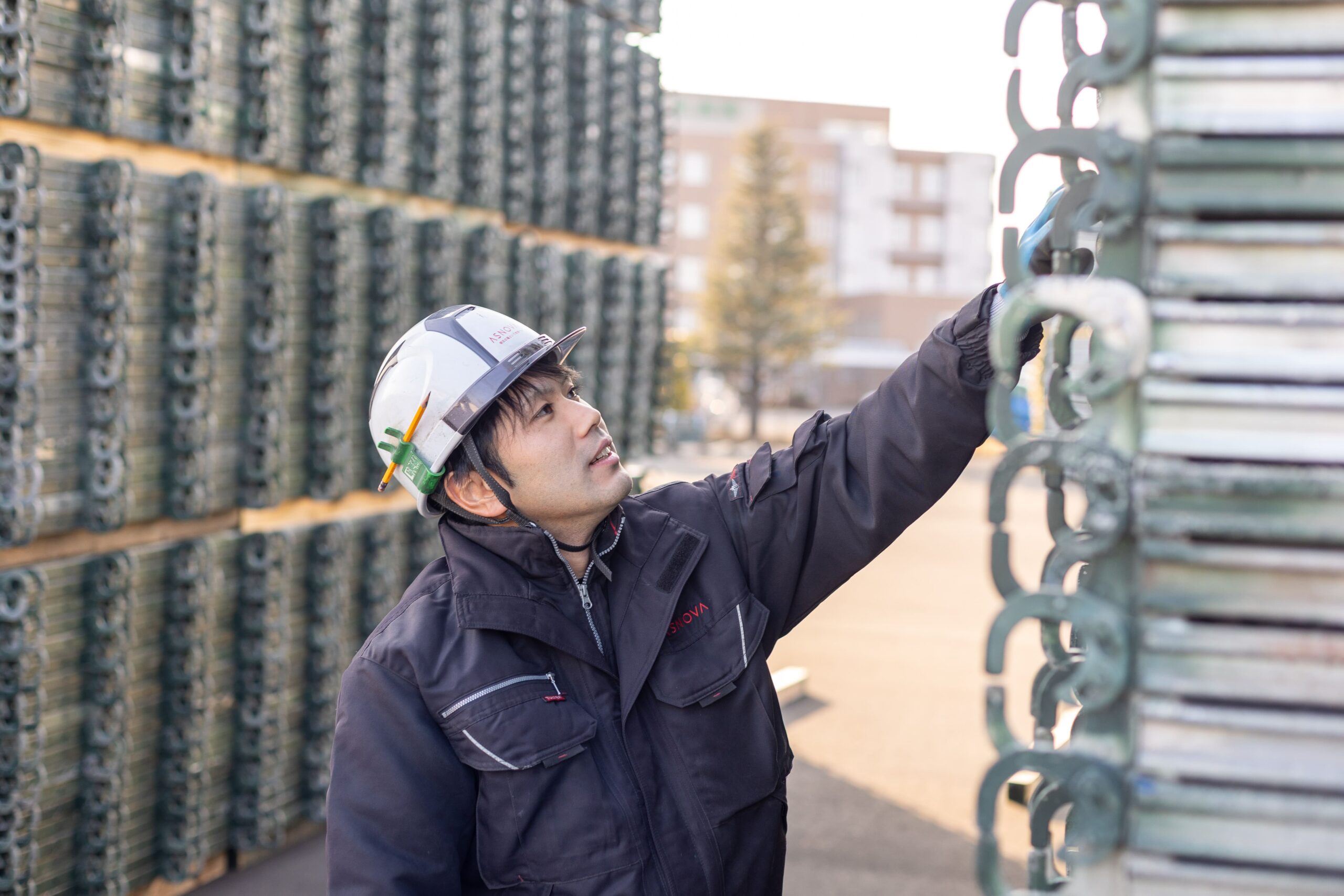








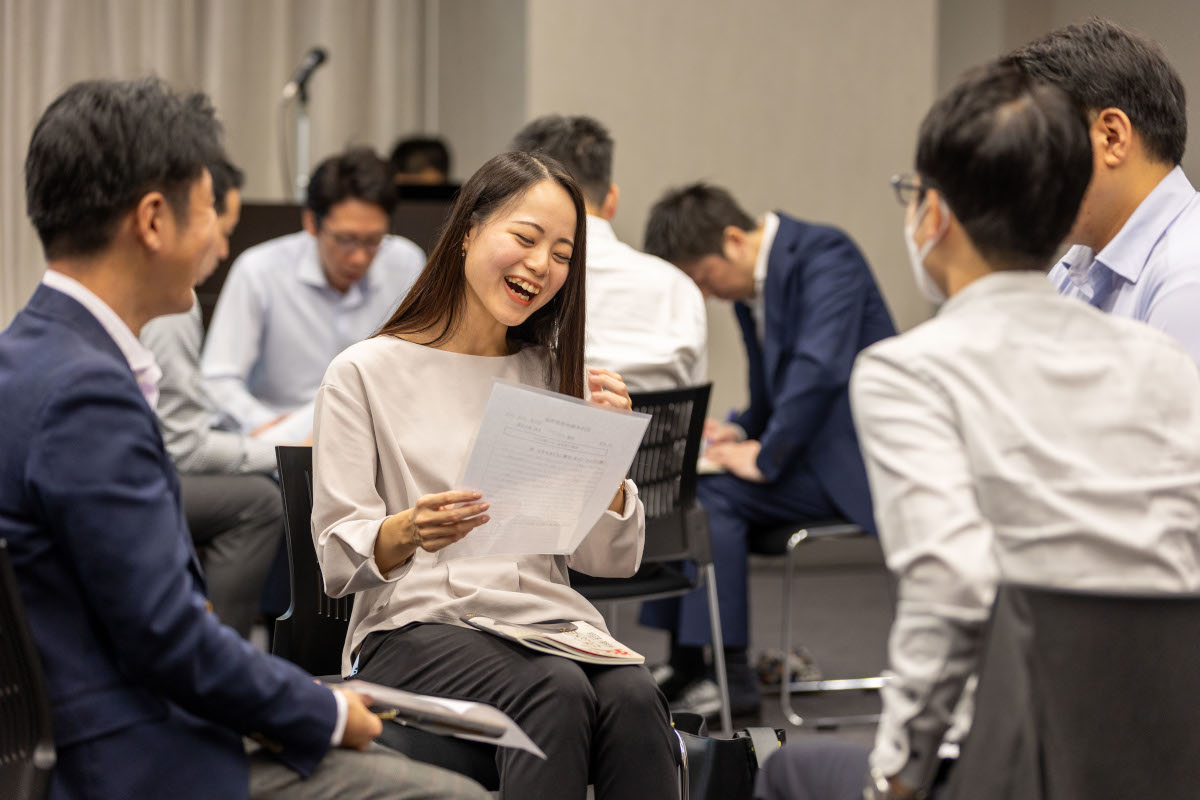
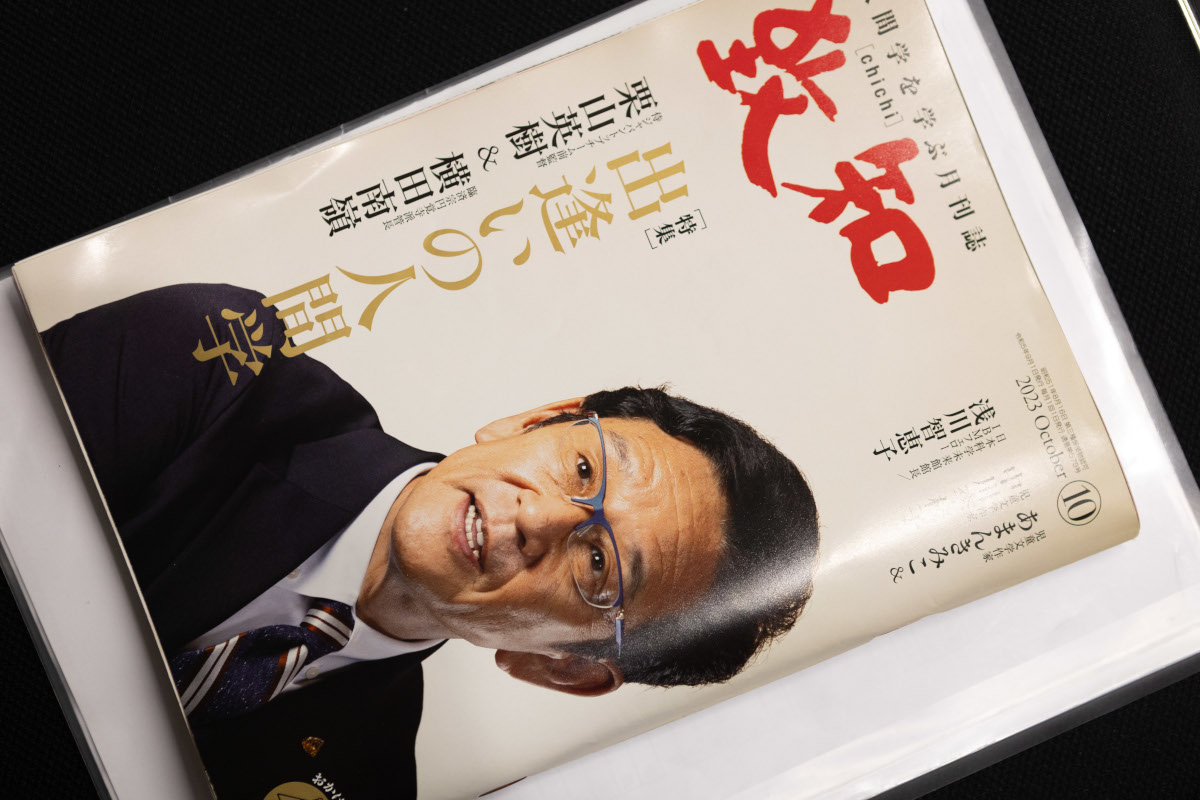
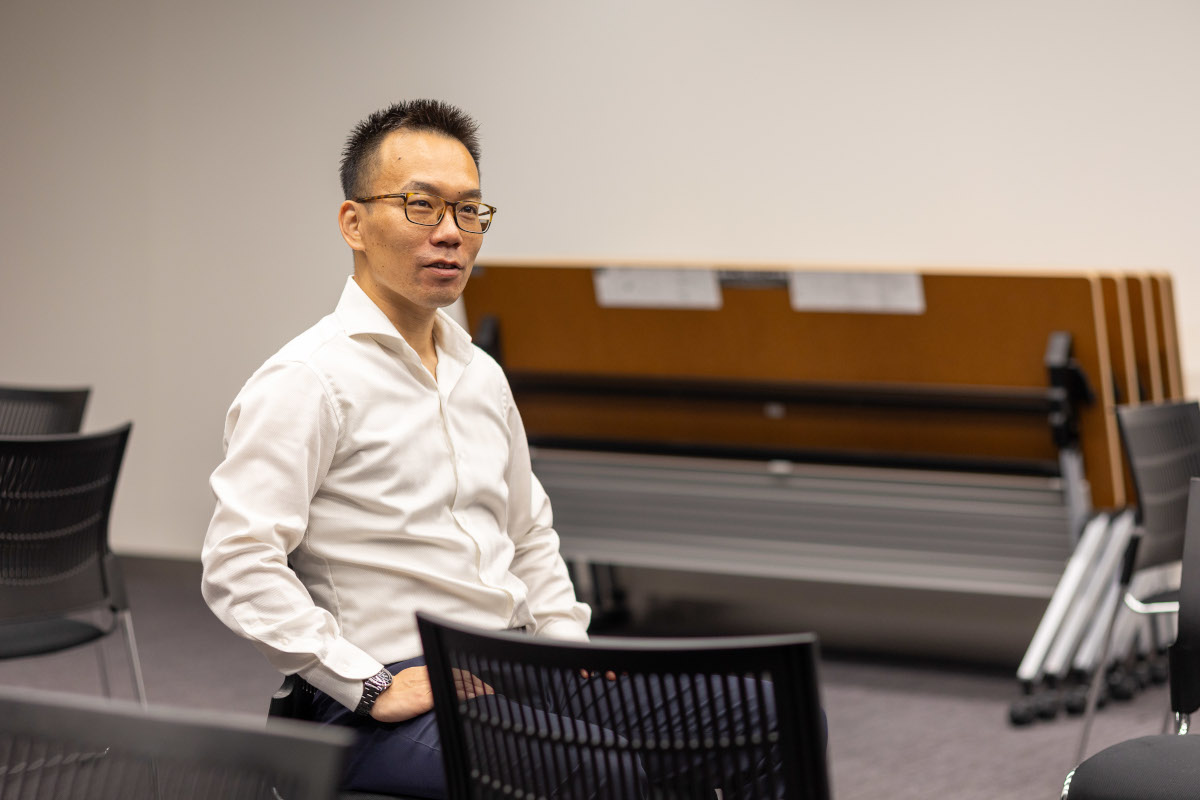
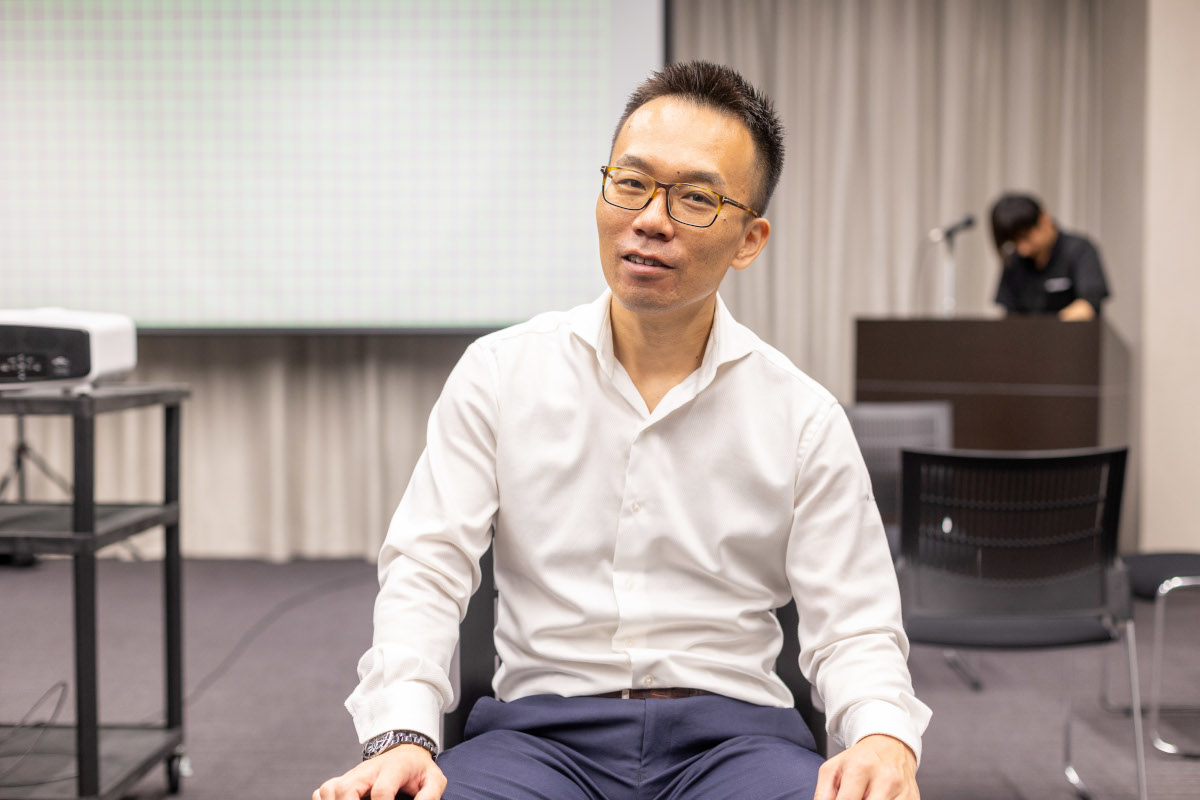
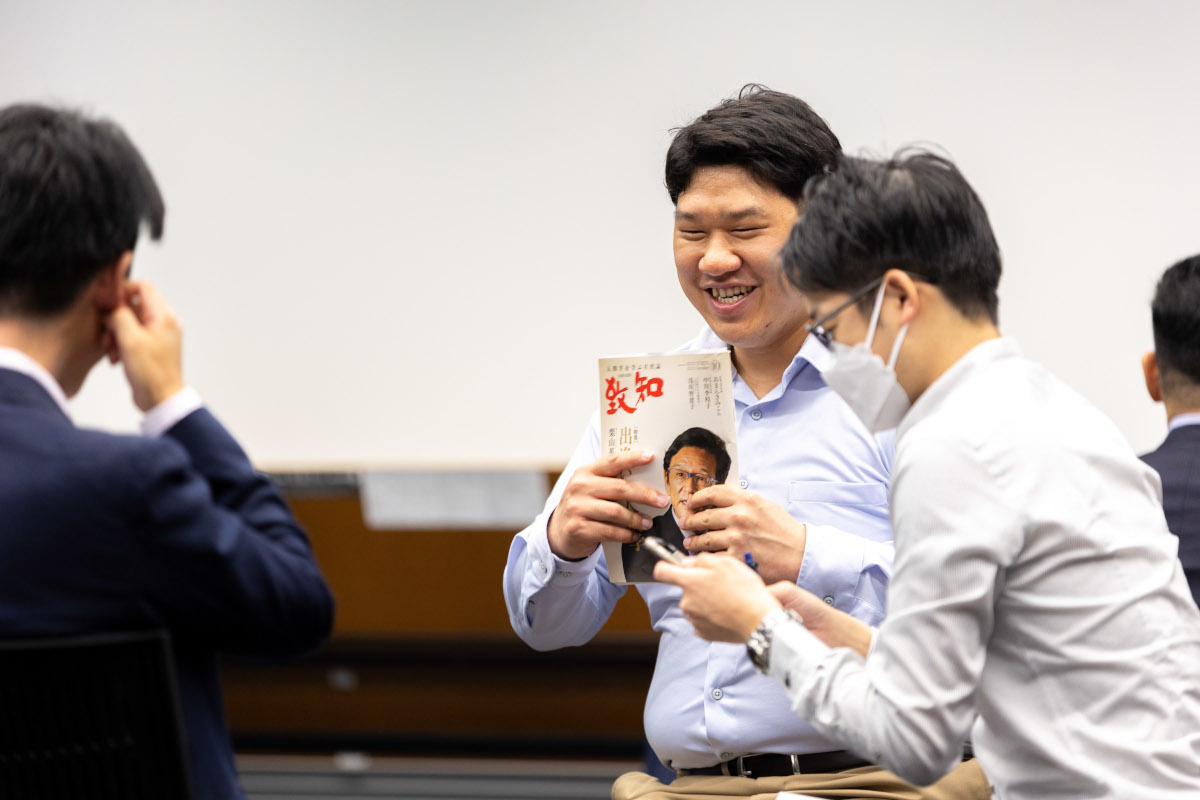
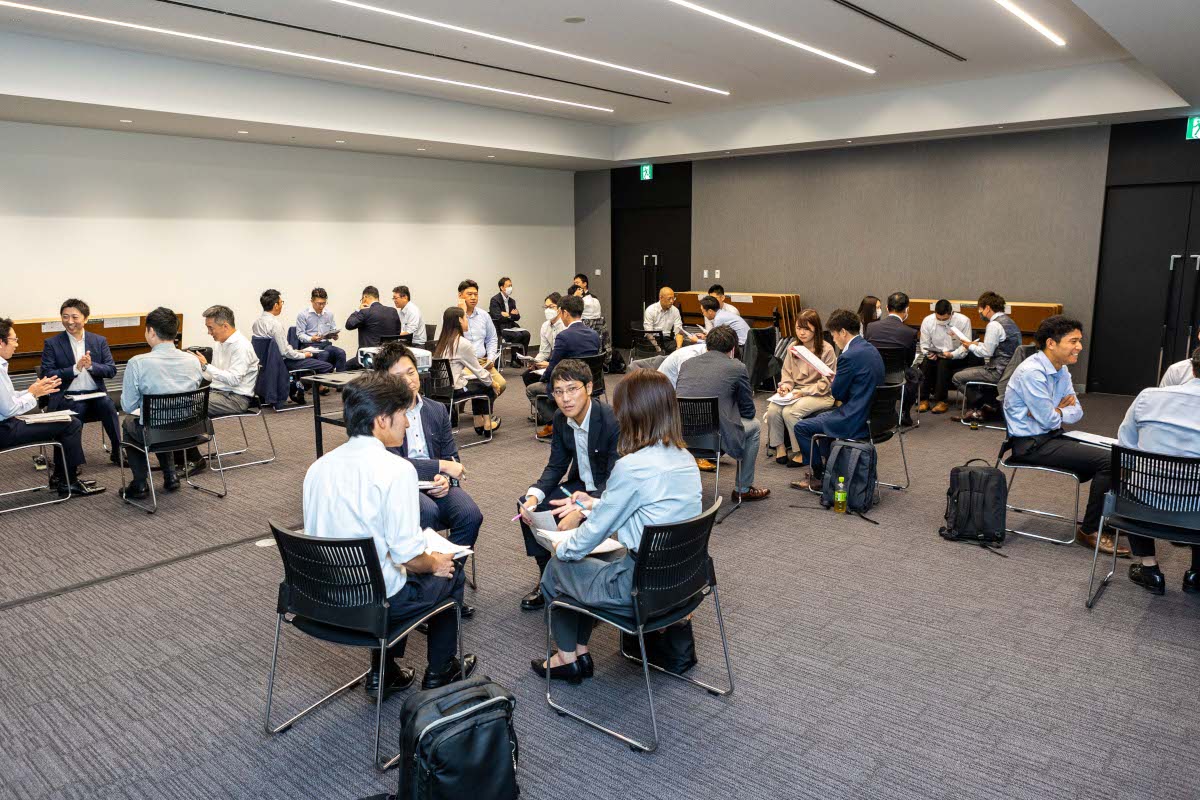
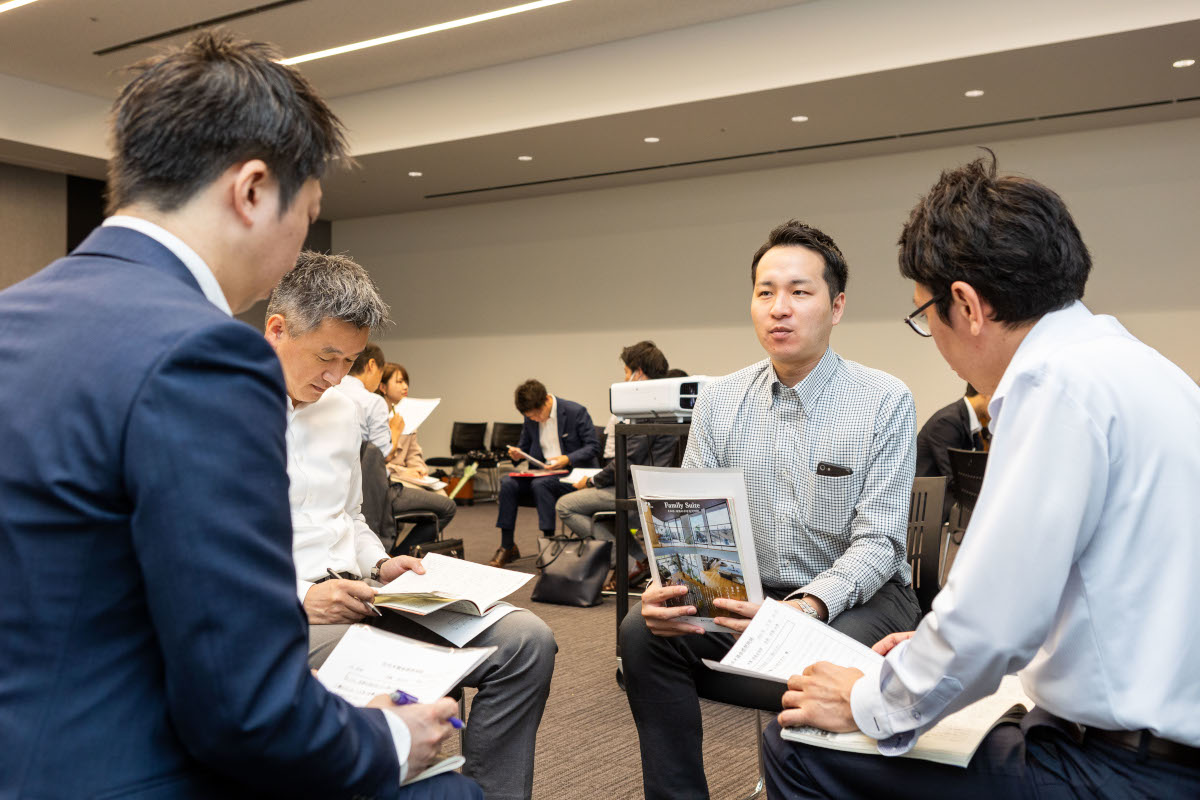
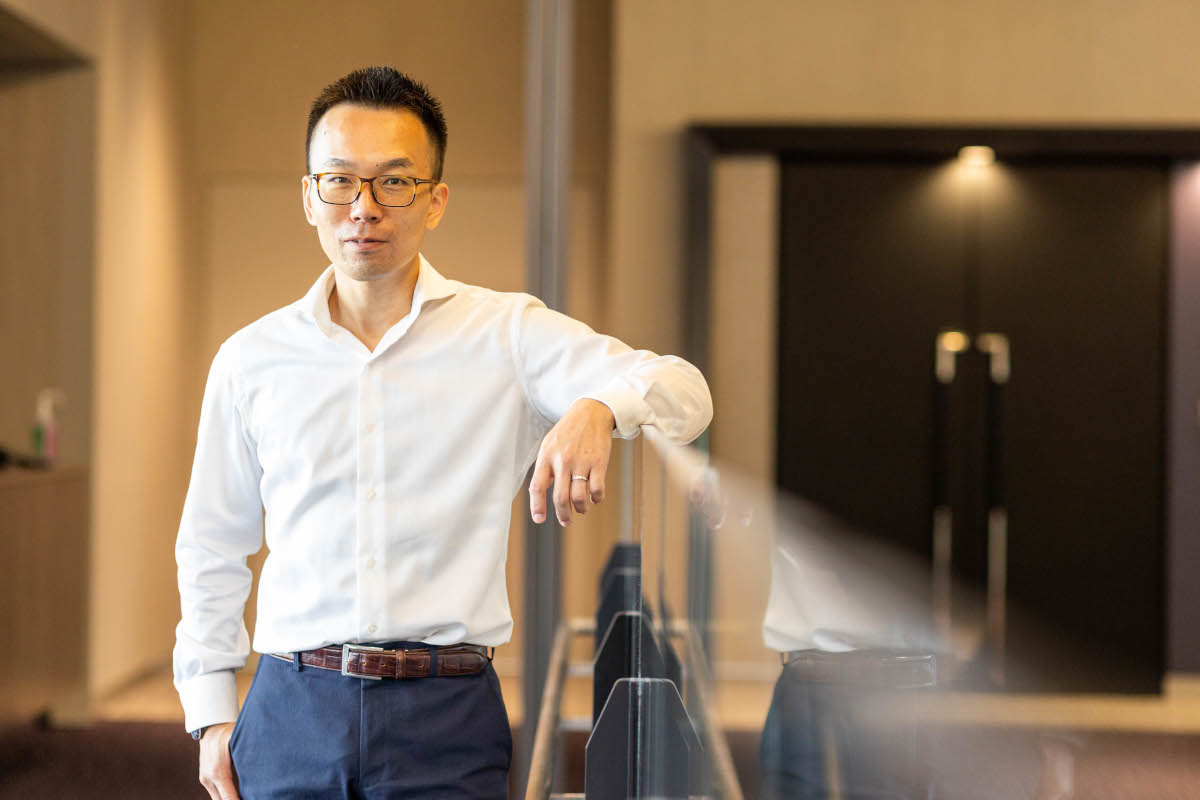






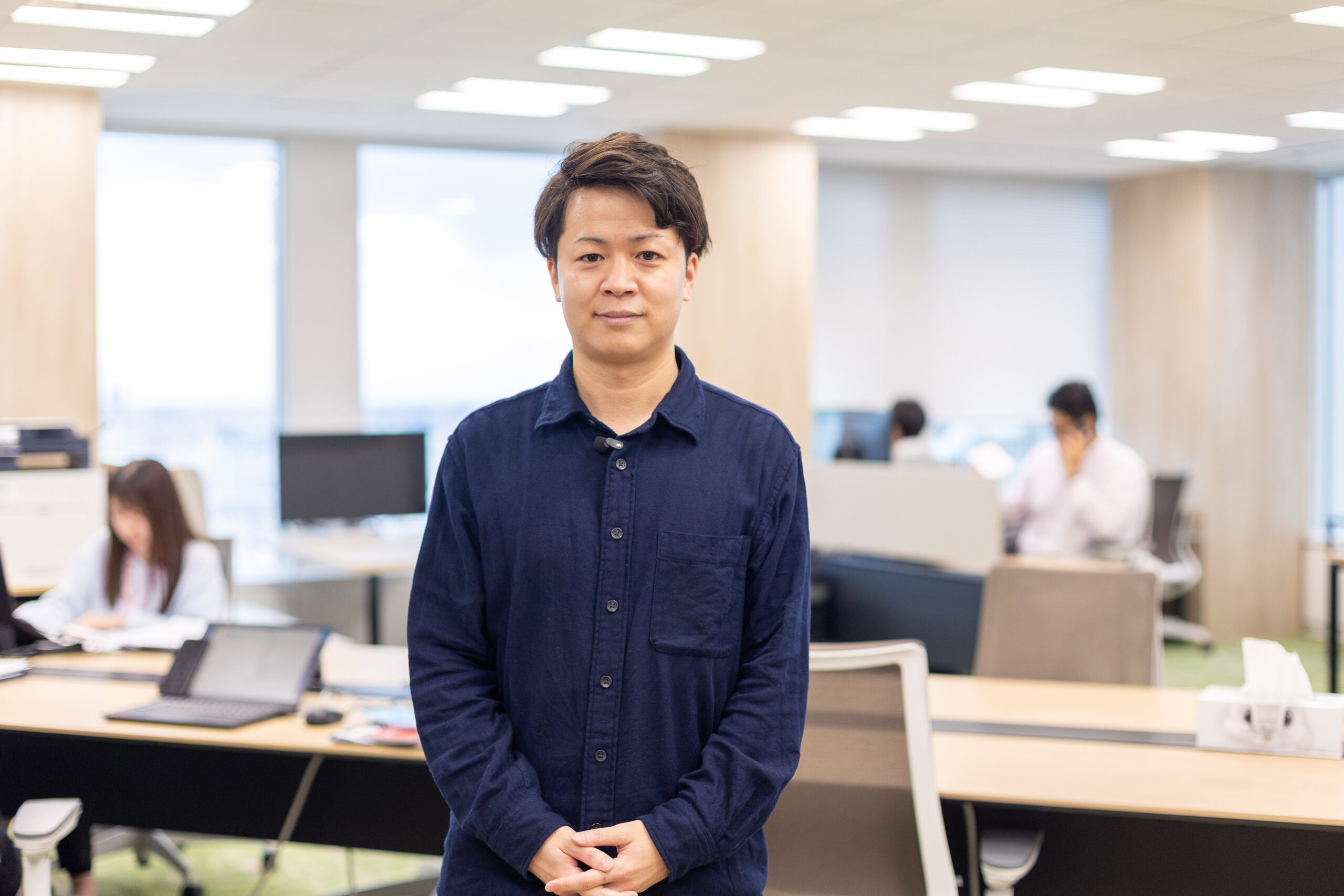





![[Circulation Project Discussion Vol. 3] It all started with "it looks fun." Rediscovering "ASNOVA's uniqueness" from a realistic perspective](/wp-content/uploads/2025/12/250808-41-scaled.jpg)










